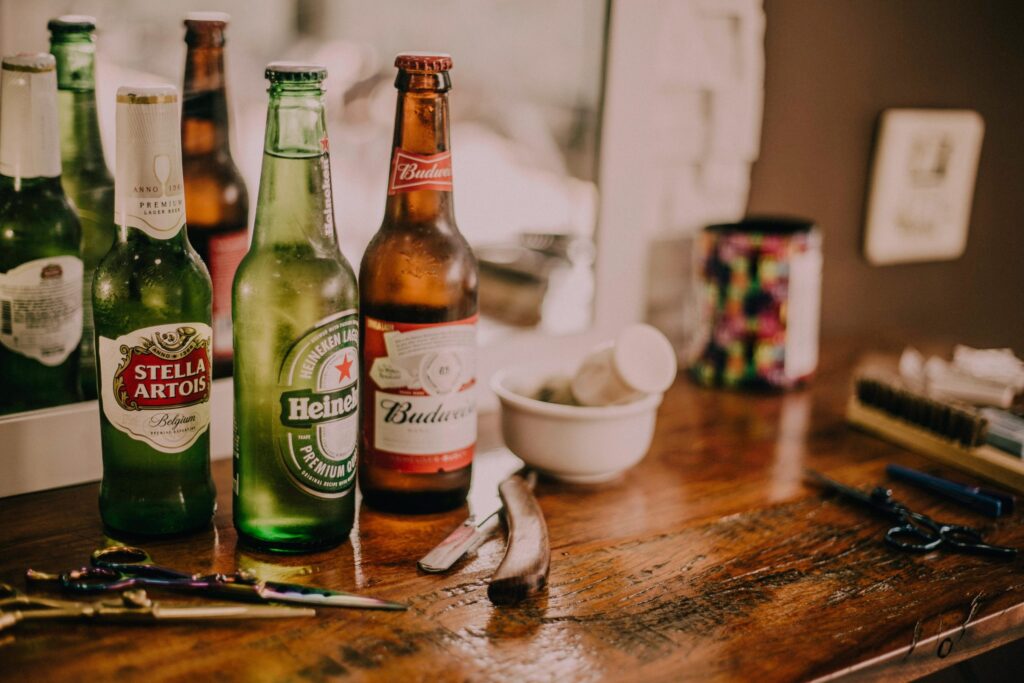In response to the relaxing of liquor laws during the pandemic, Illinois is making some permanent changes to those laws. For example, in January of 2021, the Illinois legislature passed a new liquor delivery bill to address the changing attitude on alcohol being delivered directly to people’s homes.
The sale of cocktails and single-servings of wine as to-go drinks will also continue to be allowed through January 3, 2024. As a result of this extension, the Illinois Liquor Control Commission (ILCC) has also updated guidance to regulate how those sales will be made.
Changes to the Liquor Control Act
While there were many negatives about the pandemic, one of the few things that was incredibly popular was the relaxing of regulations about the delivery of alcoholic beverages to people’s homes. This was done to minimize the number of people in stores and limit gatherings outside of the home.
Many of the relaxed regulations were temporary, but because of the popularity of some of the services, the Illinois legislature opted to make long-term changes regarding alcoholic beverage sales.
As of January 1, 2022, the state will authorize some liquor deliveries that meet certain conditions. The new law limits delivery to be between a licensed retailer and a consumer with the following requirements:
- The delivery may be completed through customer pickup at the licensed retailer’s business, including in their parking lot or at the curbside to help ensure there isn’t a larger gathering within the business.
- The delivery must be made by the owner of the business, one of their officers or directors, a shareholder, or an employee.
- Delivery can be made by a contractor (including independent and third-party contractors) or an agent who is contracted with the licensed retailer specifically to deliver alcoholic beverages.
Along with these regulations on who can make deliveries, there are a few more regulations that must be followed.
- Deliveries must be completed within 12 hours of the liquor leaving the premises.
- The law preempts local regulations, so that businesses may opt to follow this new law in January 2022, despite local regulations.
While Governor Pritzker did sign legislation into law that preempts the rules around the state, it does not preempt the laws in Chicago.
There may be changes to these laws going forward, and we will let you know when changes are made as Illinois determines the best way to regulate in a post-pandemic world.
Getting Your Alcoholic Beverage To-Go
The popular sale of alcoholic beverages as to-go drinks (single servings of wine and cocktails) has been extended until January 3, 2024, giving businesses and individuals the chance to see if it is a service they want to continue going forward. The ILCC responded to the extension with new guidance to specify that only retailers who have both an on-premises and off-premises sales license may sell drinks to-go. If a business does not have both, they are not covered by the extended sale of these drinks as a part of a to-go order.
The ILCC also detailed how these drinks should be labeled and packaged by the employees of the businesses. Employees may deliver the to-go individual alcoholic beverages over the counter within the business, at the curbside at the business, or through delivery to the home. This means that restaurants may include these drinks with to-go meals, so that people don’t have to provide these drinks for themselves. It creates a more pleasant experience to consumers since they can make a single purchase and have everything they need.
However, the ILCC has specified that to-go alcoholic beverages may not be provided in drive-throughs or by any third-party companies. This means that if a restaurant has a drive-through, they may not include any of their alcoholic beverages as a part of the service. When a person orders through an entity like Uber Eats, GrubHub, or DoorDash, these third parties cannot carry the alcoholic drinks.
This change does not preempt local municipalities, so it could be prohibited in different places around the state. It is best to check the laws and regulations in your area regarding to-go alcoholic beverages before moving forward with adding them to your to-go menu.



